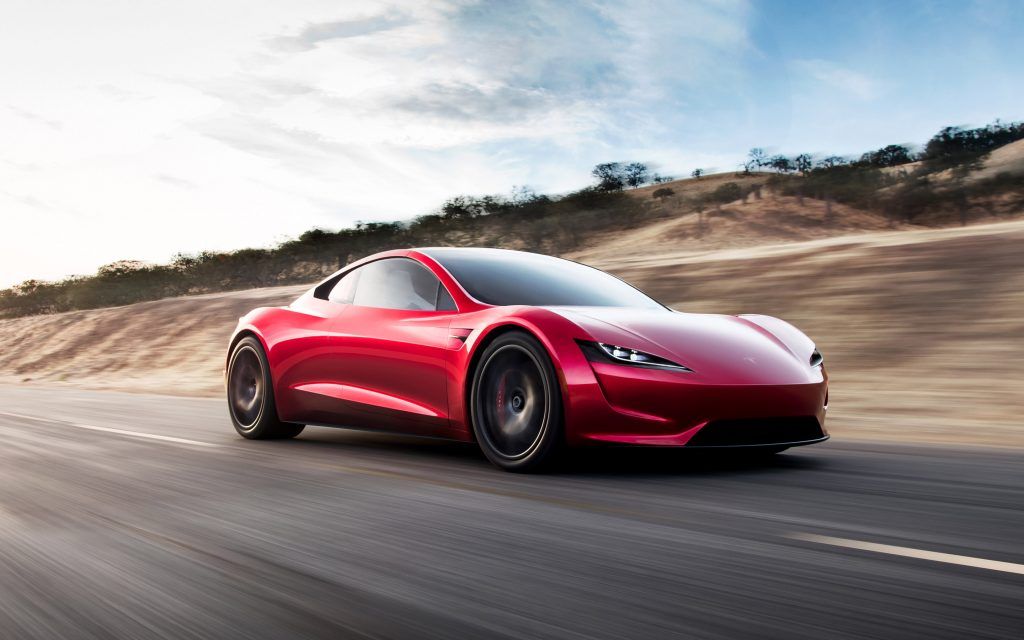Tesla is analyzing the possibility of investing in a new plant located near the Felipe Ángeles International Airport (AIFA), Jesús Ramírez, spokesman for the Mexican Presidency, told Reuters.
Mexico has 78 airports, 65 of which serve international passengers; AIFA was inaugurated in 2022.
Mexico’s airports are currently operated by three private airport groups (all of which are Mexican-owned) and by public entities.
These are Aeropuertos y Servicios Auxiliares (ASA), Aeropuerto Internacional de la Ciudad de México (AICM), parastatal companies and, since 2020, Aeropuerto Internacional Felipe Ángeles (AIFA), incorporated to operate the Felipe Ángeles International Airport.
AICM operates the country’s main airport, that of Mexico City (CDMX).
«Tesla is looking at investing in that area to take advantage of AIFA,» Ramirez said.
Tesla
The company designs, develops, manufactures, sells and leases high-performance all-electric vehicles and energy generation and storage systems, and offers services related to its products.
Tesla generally sells its products directly to customers, and continues to expand its customer-facing infrastructure through a global network of vehicle service centers, mobile service, body shops, Supercharger stations and destination chargers to accelerate the widespread adoption of its products.
As automotive technology becomes more sophisticated, Mexico will seek solutions that include big data, wireless technologies, electrification and innovation.
According to the U.S. Department of Commerce, U.S. exporters that also support their own design, engineering and product line development are better positioned to serve customers in the automotive market and others in the advanced manufacturing sector.
USMCA
The main competition in original equipment parts comes from domestic manufacturers, as well as from China, Japan, South Korea, Germany and Canada, among other countries.
The USMCA’s specific rules of origin are stricter, as the thresholds for conferring origin are higher, particularly in the case of certain sectors such as automobiles, steel and aluminum.
For example, for many automotive products the Value of Content (VCR) was increased from 62.5% in NAFTA to 75% in the USMCA.
In addition, in order to obtain origin, automotive producers must use aluminum and steel from the region amounting to 70% of the value of purchases, and origin is only conferred if the metal is smelted and cast in the territory of one of the Parties.
In addition, the USMCA also establishes a labor value content (LVC) criterion for conferring origin in the automotive sector.
![]()

